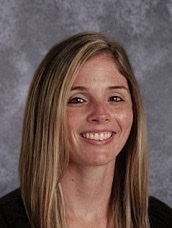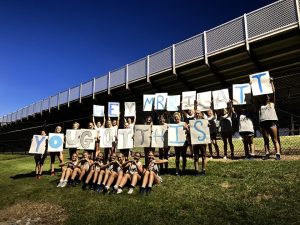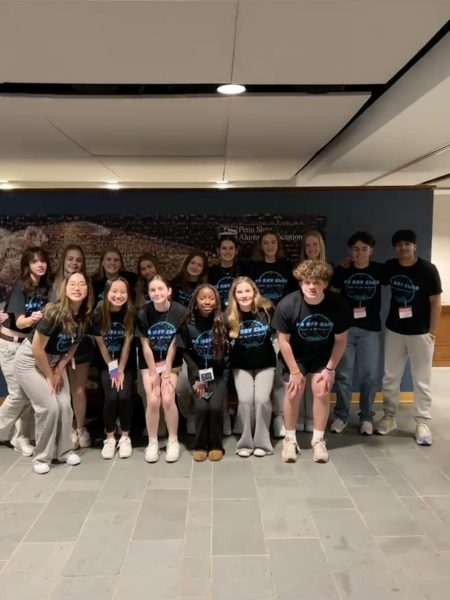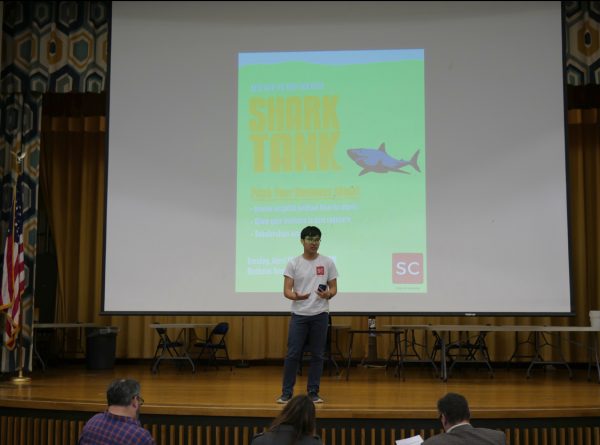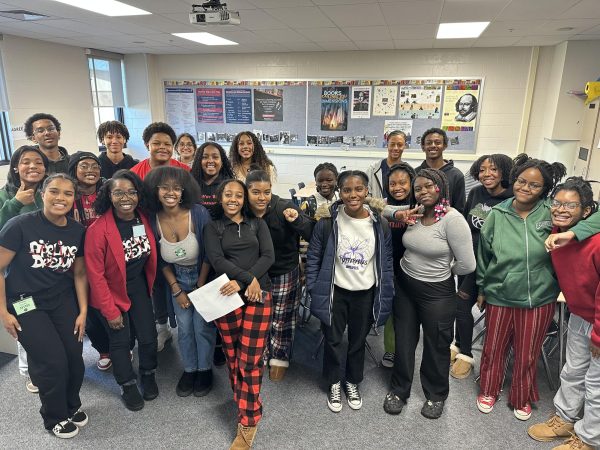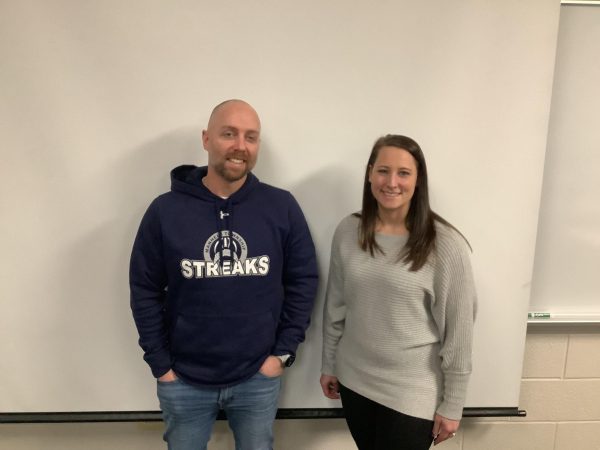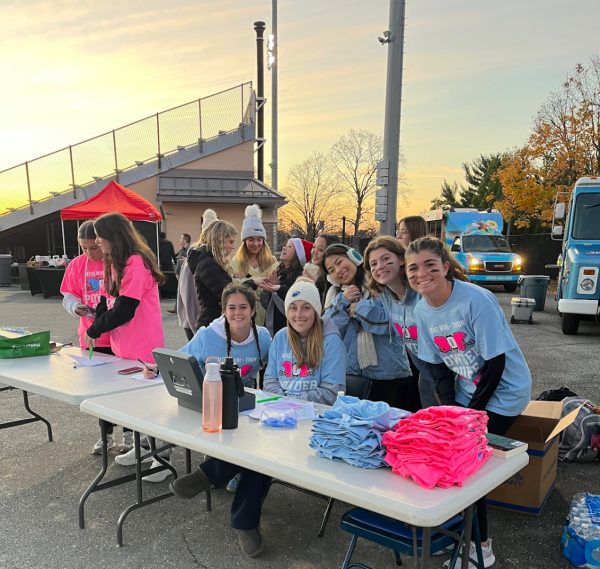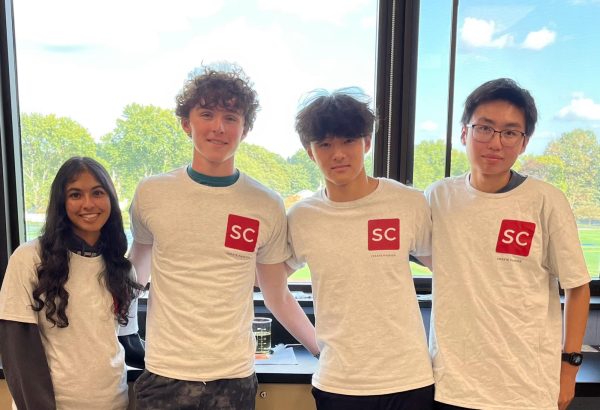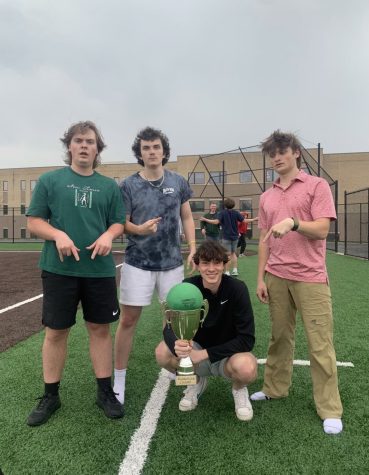Gender Sexuality Alliance hopes to empower LGBT youth
December 2, 2020
This year, Manheim Township’s Gender Sexuality Alliance club is focusing on promoting inclusivity within the club and among the student body. With various projects in the works to strengthen student awareness of the club itself, the continuous growth of GSA will hopefully allow more plans to come into fruition.
The club was previously known as Gay Straight Alliance until the start of this school year when president Paloma Rivera and club advisor Natasha Weller decided to alter the name. Gay Straight Alliance appeared to limit members to the gender binary, whereas Gender Sexuality Alliance is more open for identities that are both beyond the gender binary and sexualities that aren’t specifically gay or straight.
Rivera also is giving students who are actively involved in other clubs the opportunity to participate in GSA outside of the club period. Membership is not limited to only those who identify within the LBGTQ+ community. Rivera encourages allies of the community to join a Remind group chat in order to help break down the barrier between LGBTQ+ students and their straight peers.
“I really want to make some sort of project with people who are just interested in helping [GSA], spread the word around the school, and just make people aware that we are a club that’s open for next club signup,” Rivera said.
During future meetings, the club hopes to design LGBTQ+ awareness posters to be displayed in the halls around the school. However, approval from administration is still pending.
Typical club meetings begin with introductions, which include pronouns and how the members identify, and then transition to open-discussions about issues the community faces both globally and in the school environment along with updates on GSA’s involvement in the coalition.
The club was one of the first clubs to join the MT Coalition for Social Justice. Rivera strongly believed that participating in the coalition would also help GSA grow and amplify its mission of creating a safe space for LGBTQ+ members and their allies.
After losing two of their five members last year, Rivera had expressed concerns about a decrease in student enrollment and interest. This year, however, GSA gained a total of five members and english teacher Kathleen Valentin joined GSA as a second advisor. Rivera hopes that with more members, the club will be able to inspire more social change within the high school community.
“More people should join just so that they have awareness…[that] this is a real community, this is a real thing. It is a safe place for you to be yourself and there’s no hate for who you are,” Junior Jason Hooten said.
The overall consensus within the club is that Manheim Township does not currently have a major problem with targeted harassment towards members of the LGBTQ+ community. If incidences of harassment arise, club members believe that administration would effectively handle the situation. However, a lot of the issues lie in the culture of the generation at Manheim Township which stems from a lack of education in regards to LGBTQ+ topics and history.
Words like the f-slur and associating ‘dumb’ or ‘embarrassing’ things with the phrase ‘that’s gay’ are commonly spoken by peers. In freshmen Lizzie Fairbanks’ experience, often people are called the f-slur when they discuss LGBTQ+ topics on social media and a lot of this hate speech has an online presence.
“People aren’t educated about what that word [the f-slur] means …They don’t realize how offensive that is [along with] the general calling things gay as a word for stupid like how they use the r-slur for stupid,” said Fairbanks.
Last year, Rivera and Weller planned to collaborate with administration in order to organize special training for teachers to educate the staff on how to handle social situations that can be mentally or emotionally damaging to LGBTQ+ students, especially when slurs are used. The goal was for this information to work its way down from teachers to students, so the students themselves can also be educated in ways to handle these uncomfortable situations. Unfortunately, COVID-19 put this project on hold, but Rivera plans to revisit it this school year.
“Some teachers are clueless. Administration does a good job when it’s reported, but there needs to be more education so that [hate speech] doesn’t happen [in the first place],” Rivera said.
Outside of hate speech, other issues LGBTQ+ students face are a lack of representation and misconceptions about the various identities within the community.
Presently at Manheim Township, the sex education unit taught at the middle school does not include LGBTQ+ safe sex. Along with that, there is no LGBTQ+ history taught in history classes.
Specifically, with students who are attracted to the same gender, a common belief is that these individuals are attracted to every person of that gender. This is synonymous with the speculations and assumptions that occur when people of the opposite gender are friends.
“In middle school, I could barely hug one of my friends without everyone spreading rumors that we are dating, and it made it bad for my friends. … Straight shouldn’t be the norm. It should just be we are all the same, we are all equal,” Fairbanks explained. Fairbanks’ story is just one of many that occur because of assumptions made by students.
Through GSA, members can become connected with students and teachers who can relate to and/or support them in the experiences they are going through. A previous president of GSA several years ago designed posters for teachers to post in their classrooms that marked their rooms as safe spaces for LGBTQ+ students.
Fairbanks noted that along with Michelle Luther, who used to help out with the GSA club, Mr. Aiello is another teacher who is supportive of LGBTQ+ students. On the first day of school, Mr. Aiello assigned his students to fill out a google form that contained a question in regards to pronouns.
Freshman Ashton Hall also expressed a similar desire for a way to have preferred pronouns documented for teachers. “Part of it is the struggles to have your preferred name known…I think that you should be able to have your preferred pronouns as part of your name in attendance. … Have that out there so it’s not like you have to verbally out yourself to your entire class [every time there’s a sub],” Hall said.
As a club, GSA hopes to achieve more unity this year and to encourage more student involvement so the club can tackle more projects in its future.
“Our big goal is to make it known that we are all people going to school to get our education. It’s more convenient when people have a safe space to go to every other week,” Paloma said.



